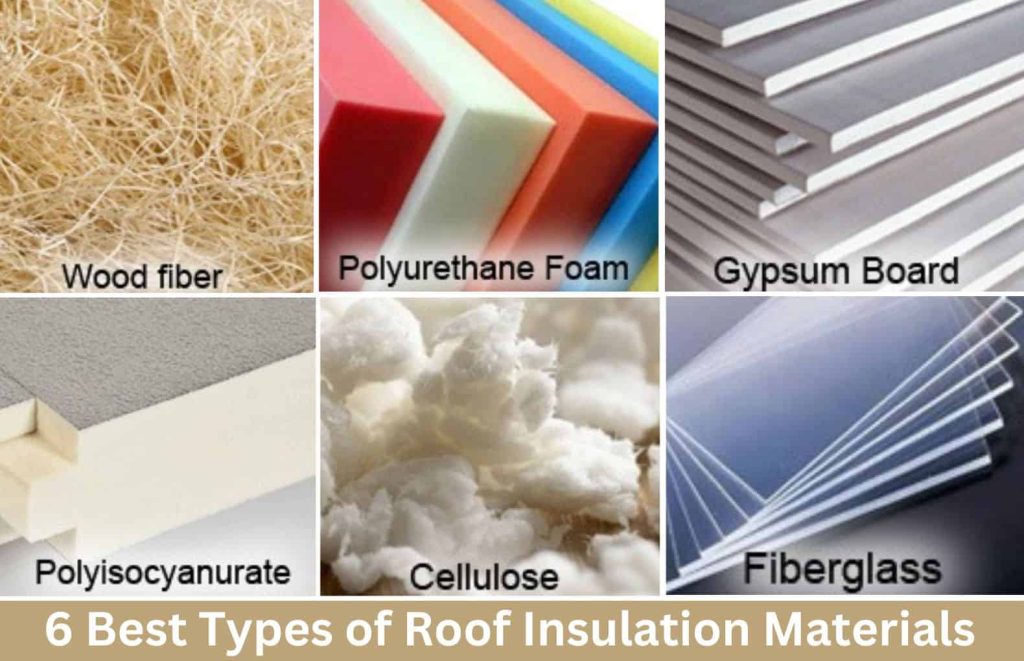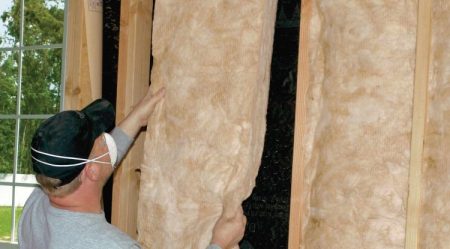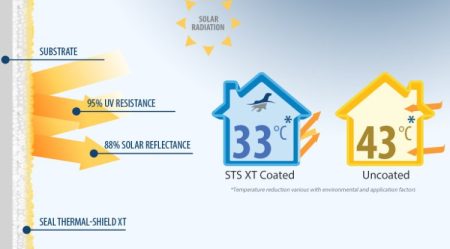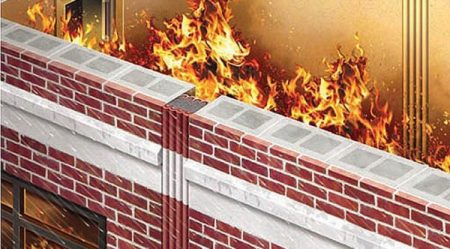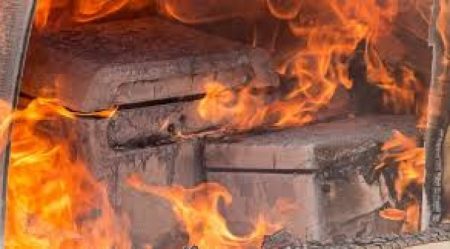What are the types of insulation
What Types of Insulation Are There?
The energy efficiency and comfort of a house or building depends on the type of insulation. Insulation saves energy by protecting a building from external factors. This article will examine the different types of insulation and discuss their advantages and disadvantages.
1. Glass Wool Insulation
Glass wool is the most widely used insulation material.
It has high fire resistance and sound insulation properties.
It is easy to apply and cost effective.
However, glass wool can cause mold and fungus growth in humid environments.
2. Rock Wool Insulation
Stone wool is a denser and heavier material than glass wool.
It has high sound insulation properties and is fire resistant.
It is also resistant to moisture and rot.
However, stone wool is more expensive and more difficult to apply.
3. Polyurethane Insulation
Polyurethane is a hard and light material.
It has excellent insulating properties and improves sealing.
It is easy to apply and can be applied in a thin layer.
However, because polyurethane is a flammable material, it is flammable.
4. EPS Insulation
EPS (Expanded Polystyrene) is a light and insulating material.
It can be placed between drywall or masonry and is cost effective.
It is also fire resistant and pressure resistant.
However, EPS materials are not recyclable and are not long-lasting.
5. Cellulose Insulation
Cellulose is a material made from recycled paper.
It is cost-effective and environmentally friendly.
It also provides a natural acoustic insulation and is moisture absorbent.
However, the cellulose material is not fire resistant.
6. Fiberglass Insulation
Fiberglass is a material made from glass fibers.
It is fire resistant and has sound insulation properties.
In addition, it is resistant to moisture and mold growth.
However, fiberglass material is difficult to apply and requires ventilation.
7. Mineral Wool Insulation
It is produced from mineral wool, glass or rock wool.
It has sound insulation and fire resistance.
In addition, it is resistant to moisture and saves energy.
However, mineral wool is expensive and difficult to apply.
Each of the above-mentioned types of insulation has its own advantages and disadvantages. In the selection of insulation type, the type of building, location, climatic conditions and costs should be considered.
Conclusion
Insulating your home or building saves energy and creates a comfortable environment. Choosing between different types of insulation depends on the needs and preferences of the home or building owners. Getting help from an expert in insulation can help in choosing the most suitable material.
What are the types of insulation
Frequently Asked Questions (FAQ)
Which type of insulation is the cheapest?
Can insulation materials be recycled?
Which type of insulation is fire resistant?
How long does the insulation last?
Are insulation materials environmentally friendly?
1. Which type of insulation is the cheapest?
EPS insulation is the most cost-effective. Other types of insulation are more expensive.
2. Can the insulation materials be recycled?
Some insulation materials can be recycled. For example, cellulose insulation is made from recycled paper.
3. Which type of insulation is fire resistant?
Glass wool, rock wool, mineral wool and fiberglass insulation are fire resistant.
4. How long is the life of the insulation?
The life of the insulation depends on the type and quality of the material. Generally, insulation materials can last between 10-20 years.
5. Are insulation materials environmentally friendly?
Some insulation materials are environmentally friendly. For example, cellulose insulation is made from recycled paper, and insulation materials made of glass or rock wool can be recycled. However, some insulation materials can be harmful to the environment.
Therefore, it is important to choose environmentally friendly ones when choosing insulation materials. In addition, in today’s world where sustainable and green buildings have become popular, environmental factors should also be considered in the selection of insulation.

